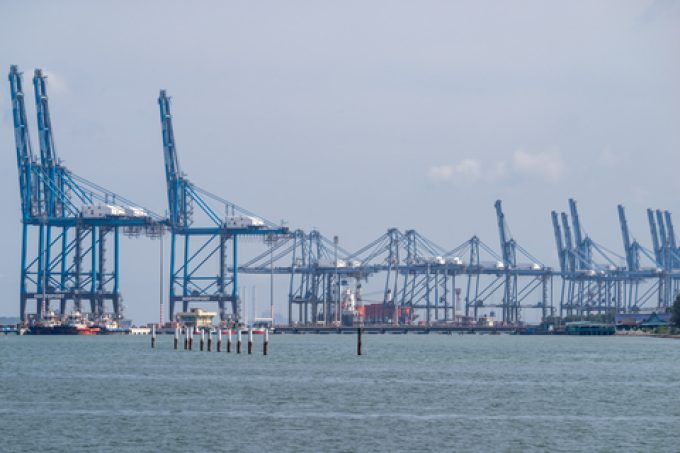Indian air cargo exports flying, boosted by improvements and expansion
International air cargo volumes out of India were estimated to have surged 19% year on ...

The deployment of digital ’single windows’ in ports has the potential to bring considerable improvements to shipper and forwarder port-related operations, and vastly reduce the number of unfair or contested container-related charges levied by shipping lines.
Under the International Maritime Organization’s (IMO) Facilitation Convention (FAL), which entered into force on 1 January this year, it is now mandatory for public authorities to establish, maintain and use single window systems for the electronic exchange of information required on arrival, stay and departure ...
Transpacific sees first major MSC blanks as rates fall and volumes falter
Volcanic disruption at Anchorage could hit transpacific airfreight operations
Shippers snap up airfreight capacity to US ahead of tariff deadline
White House confirms automotive tariffs – 'a disaster for the industry'
New price hikes may slow ocean spot rate slide – but for how long?
Supply chain delays expected after earthquake hits Myanmar
Tighter EU import requirements proving 'a challenge' for forwarders
Looming Trump tariffs will create 'a bureaucratic monster' for Customs

Comment on this article